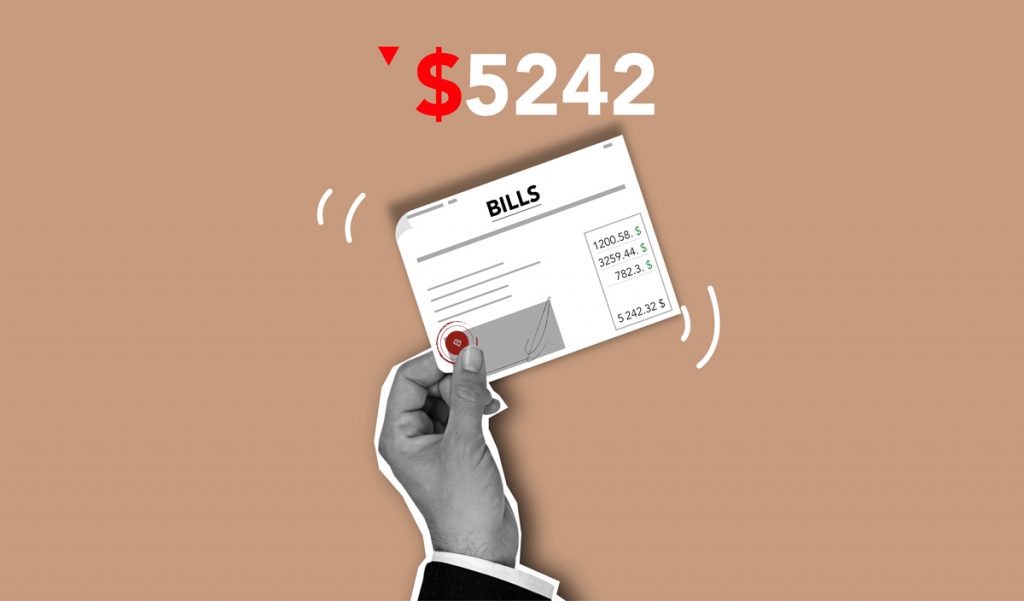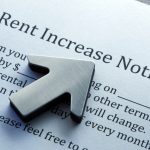It’s wonderful when problems with tenants don’t ruin your landlord experience. However, if problems arise, it is advantageous to be prepared to deal with them.
In this essay, we will cover some successful strategies for resolving problems between landlords and tenants.
Damage to Property

‘What should I do if a tenant destroys my property and refuses to reimburse me?’ This is one of the most often asked questions we hear from landlords who are not currently our clients. (Fortunately, our customers do not have to be concerned about any problems with their tenants since, under our property management contract, we settle problems without informing our landlords.)
In this case, we offer the following solutions:
- To begin, while signing a tenancy contract, request a security deposit. As a result, you can utilize it to make up for your losses.
- Second, destroying a landlord’s property is one of the legal grounds for eviction. As a result, you may file a complaint with the RDC and evict your tenant. Also, remember to tell your tenant as needed.
It’s wonderful when problems with tenants don’t ruin your landlord experience. However, if problems arise, it is advantageous to be prepared to deal with them.
In this essay, we will cover some successful strategies for resolving problems between landlords and tenants.
Rent Non-Payment
Another typical difficulty that a landlord may face is late or non-payment of rent. And, although the former is only a source of concern, the latter is a major source of concern.
In this case, we offer the following solutions:
- To begin, always require your tenant to draw cheques for the whole duration of tenancy specified in your contract. To explain, a bounced cheque is something for which you must account and may face charges and penalty. As a result, your tenants will be more willing to reload their bank account and pay the rent on time in this instance.
- Second, nonpayment of rent is another basis for eviction. As a landlord, you have the authority to commence the procedure. Send them a payment notification by registered mail or the Notary Public. If they do not pay within 30 days, file an eviction case with the RDC.
By the way, not every case of rent nonpayment that a landlord examines is of this nature. Landlords may request an increase in the rental fee in the midst of the tenancy contract period. It should be noted that such requests have no legal basis. Another example is when landlords demand that the rental fee be increased while renewing the contract without sufficient provisions. As a result, it is critical to properly adhere to the law and understand how to deliver a rent increase notice.
Tenants who make a lot of noise

Noisy tenants may be a major headache. To be more specific, if they disrupt other building occupants with persistent noise, the latter may file a complaint with you. Of course, you should not dismiss such complaints. Because your neglecting may harm your connections with your neighbors.
In such a case, we prescribe the following actions:
- First, request that the neighbors protocol any further noise concerns that arise, or contact you so that you may do so. Protocoling entails receiving formal documents that validate your tenant’s loud behavior. Apply for a Noise Control Officer position with the Dubai Police and the Dubai Municipality. If the Noise Control Officer discovers a noise problem, he issues an order with specific guidelines. If the tenant fails to follow the instructions, the Officer will make a report and may impose a penalty.
- Second, based on the Noise Control Officer’s findings, issue a noise warning to your tenant. If you want to evict this loud tenant, issue this noise notice through registered mail or Notary Public.
- Third, if the noise problems persist, contact the RDC and request eviction.
Problems with Maintenance
Yes, as a landlord, you must offer sufficient upkeep for your rental property to provide decent living circumstances. We offered a brief landlord’s maintenance checklist in one of our previous postings. Major maintenance jobs, such as maintaining HVAC facilities, safety inspections, and pest control, are among your must-dos. However, your tenants are equally accountable for keeping your rental property in excellent condition.
We suggest the following techniques for preventing and resolving maintenance issues:
- First, make it explicit in your rental contract that minor repair and maintenance jobs (such as leaky tap repair or replacement) are the tenants’ responsibility.
- Second, do not disregard your maintenance tasks so that tenant maintenance opportunism does not arise.
- Third, you may create a bonus scheme to encourage your tenants’ upkeep duty.
Legal Issues

It is the tenant’s responsibility to pay the utilities. This is specified in the unified tenancy contract that both parties sign. However, unpaid utility bills are not uncommon. And this will be your concern if your tenant leaves your flat or villa with unpaid utilities.
In such a case, we have the following options:
- First, DEWA tries to avoid problems caused by unpaid invoices. They require a security deposit for this. The deposit for an apartment is AED 2,000. A villa requires a deposit that is twice as large – AED 4,000. In the event of unpaid bills, DEWA will utilize the deposit to settle the debts.
- Second, as previously stated, you can request a security deposit from your tenant. As a result, you can specify in your rental contract that you have the right to use this deposit to pay off any overdue utility bills.
- Third, if the first two options fail to pay the debts, file the case with the RDC.
At Your Place, we aim to defend our clients in all situations. For example, to avoid major complications, we may check renter expenses and even send them reminders. Join to our property management services and put your trust in us.








